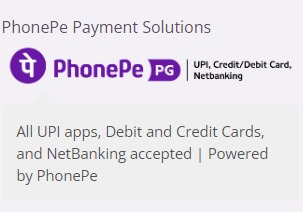Sole Proprietorship Registration
- Collection Of Required Documents
- Process with in the time complete
- All Documents Sudmitted With in the
-
Business Name Registration (if applicable):
- If you’re using a trade name (“doing business as” or DBA name), you might need to register it with the appropriate government agency. This could involve filling out a DBA registration form and paying a fee.
-
Personal Identification:
- Your personal identification documents, such as a valid government-issued ID (e.g., driver’s license, passport) to verify your identity.
-
Tax Identification Number:
- In the United States, your Social Security Number (SSN) or an Employer Identification Number (EIN) is required for tax purposes.
-
Business Address Proof:
- Documents to prove your business address, such as a utility bill, lease agreement, or property ownership documents.
-
Business Licenses and Permits:
- Any licenses or permits required for your specific business type and location.
-
Business Plan (Optional):
- Some jurisdictions might request a basic business plan outlining your business activities, products or services, target market, and financial projections.
-
Fictitious Name Registration (if applicable):
- If you’re using a trade name, the documentation related to your fictitious name registration (also known as a DBA certificate).
-
Ownership Proof (if applicable):
- If you own the premises where your business operates, documents proving ownership may be required.
-
Partnership Agreements (if applicable):
- If your sole proprietorship involves partnerships or joint ventures, any relevant partnership agreements might be required.
-
Insurance Documents (if applicable):
- Copies of insurance policies, such as liability insurance or property insurance, if your business requires them.
-
Local Permits and Zoning Approvals:
- Documents related to local permits and approvals, especially if your business is subject to specific zoning regulations.
-
Health and Safety Compliance (if applicable):
- Documents showing compliance with health and safety regulations, especially if you’re involved in industries like food service or healthcare.
-
Trademark and Intellectual Property Documents (if applicable):
- If you’re registering a trademark or dealing with intellectual property, relevant documents related to your trademarks or patents.
-
Financial Documents (as needed):
- Depending on the jurisdiction, you might need to provide financial documents, such as bank statements, for business registration.


Good Service